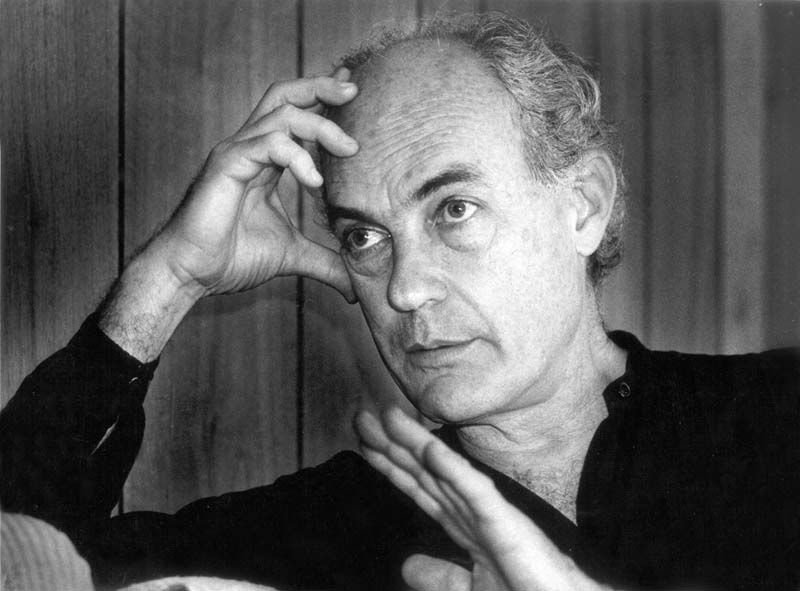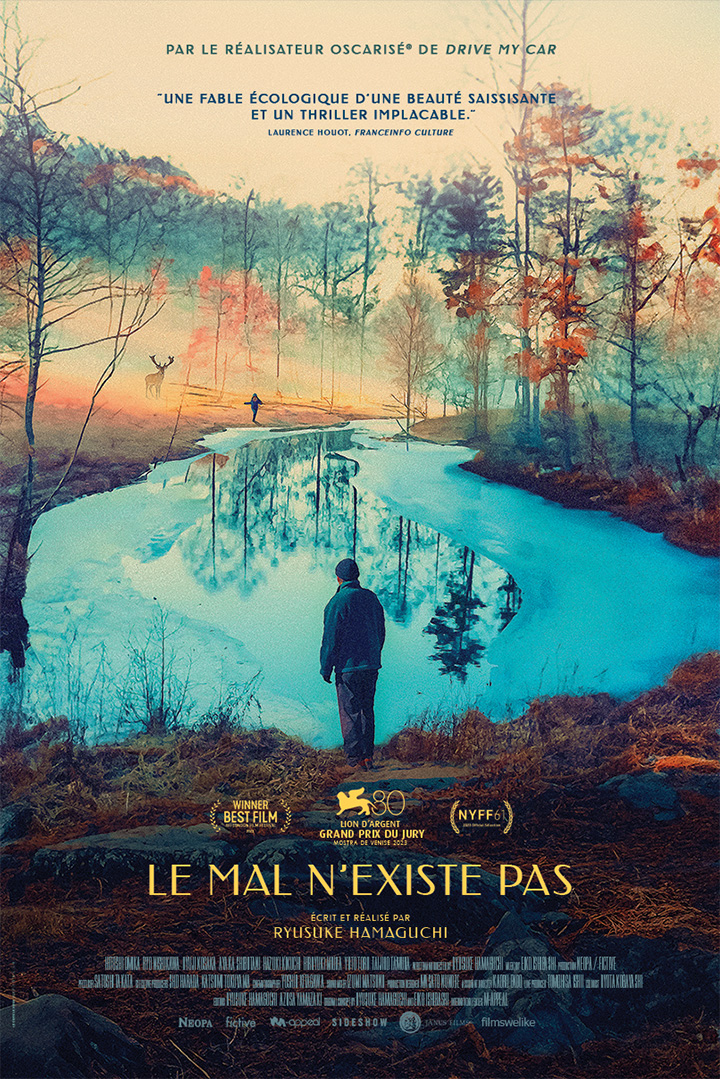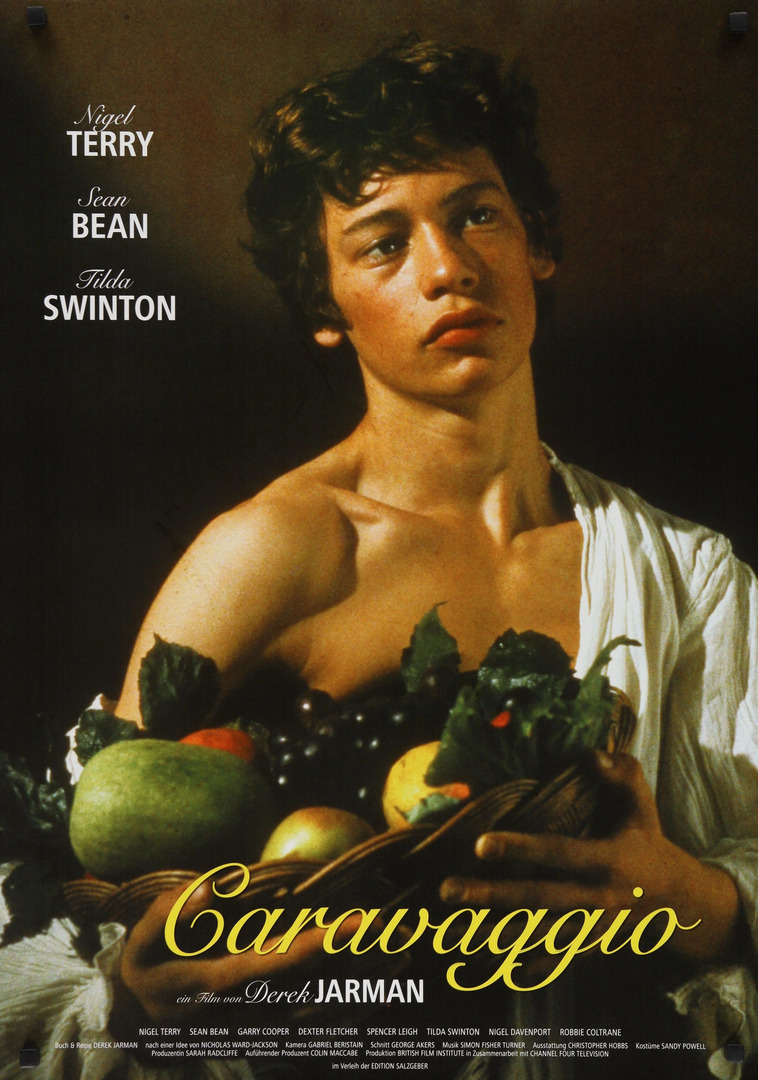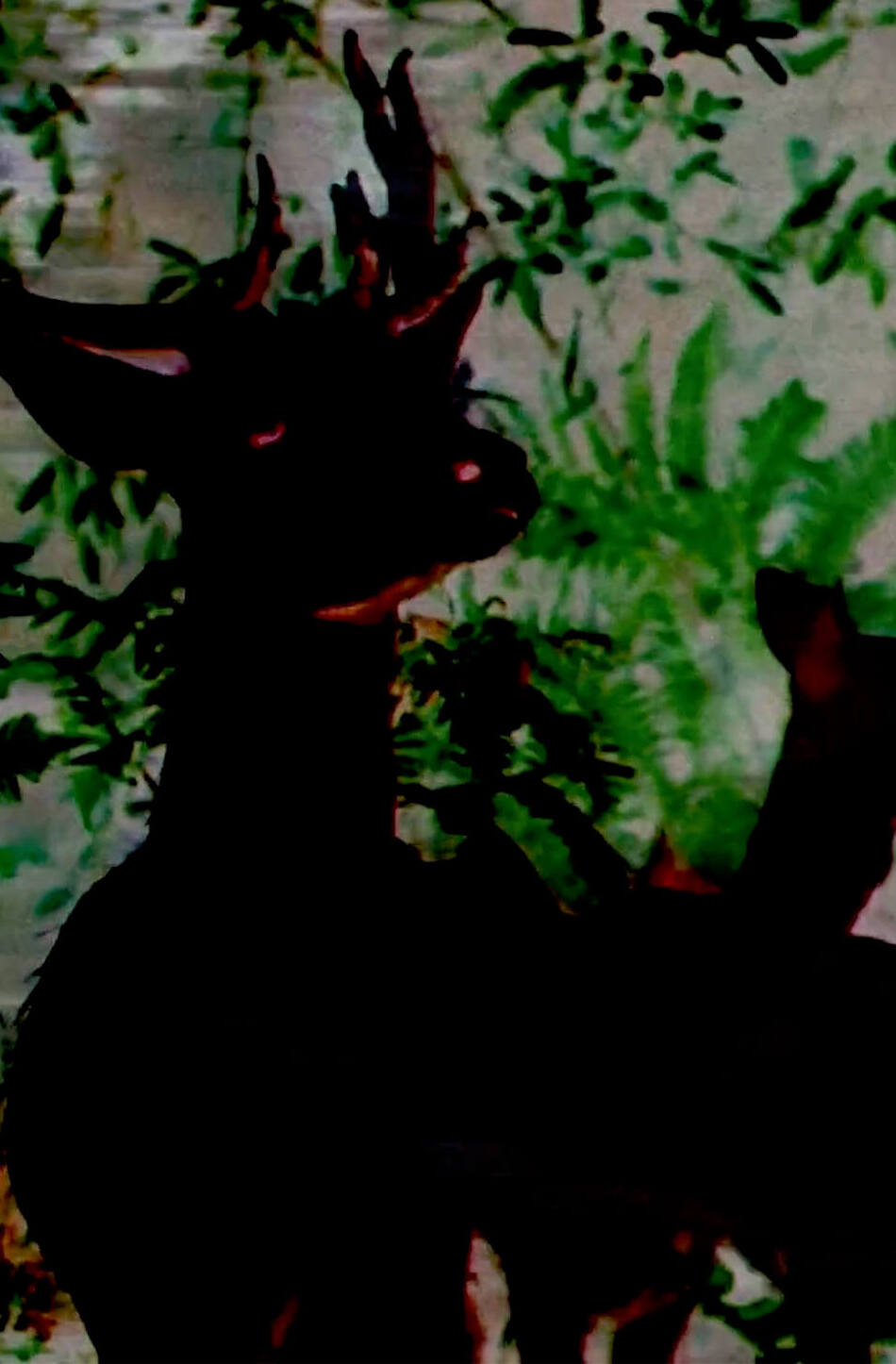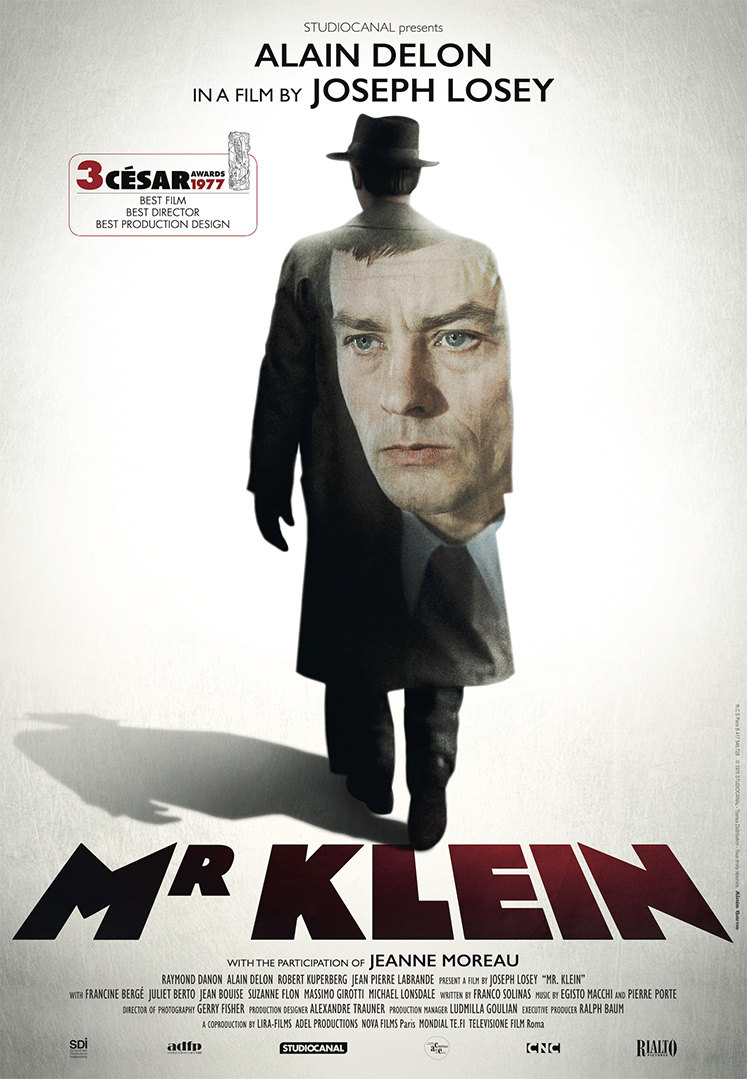The Last Supper
We have several dozen Cuban films in our archives, allowing us to document the inspiration and creativity of filmmakers who, shortly after the Cuban revolution, devoted their cameras to documenting daily life, individual questions and collective movements.
The most famous indictment of the hypocrisy and deception of colonization and slavery as justified by Western and Christian conscience. A meticulous reconstitution of old sugar mills, sources of Cuban wealth and misery, with a remarkable work on photography and sets.
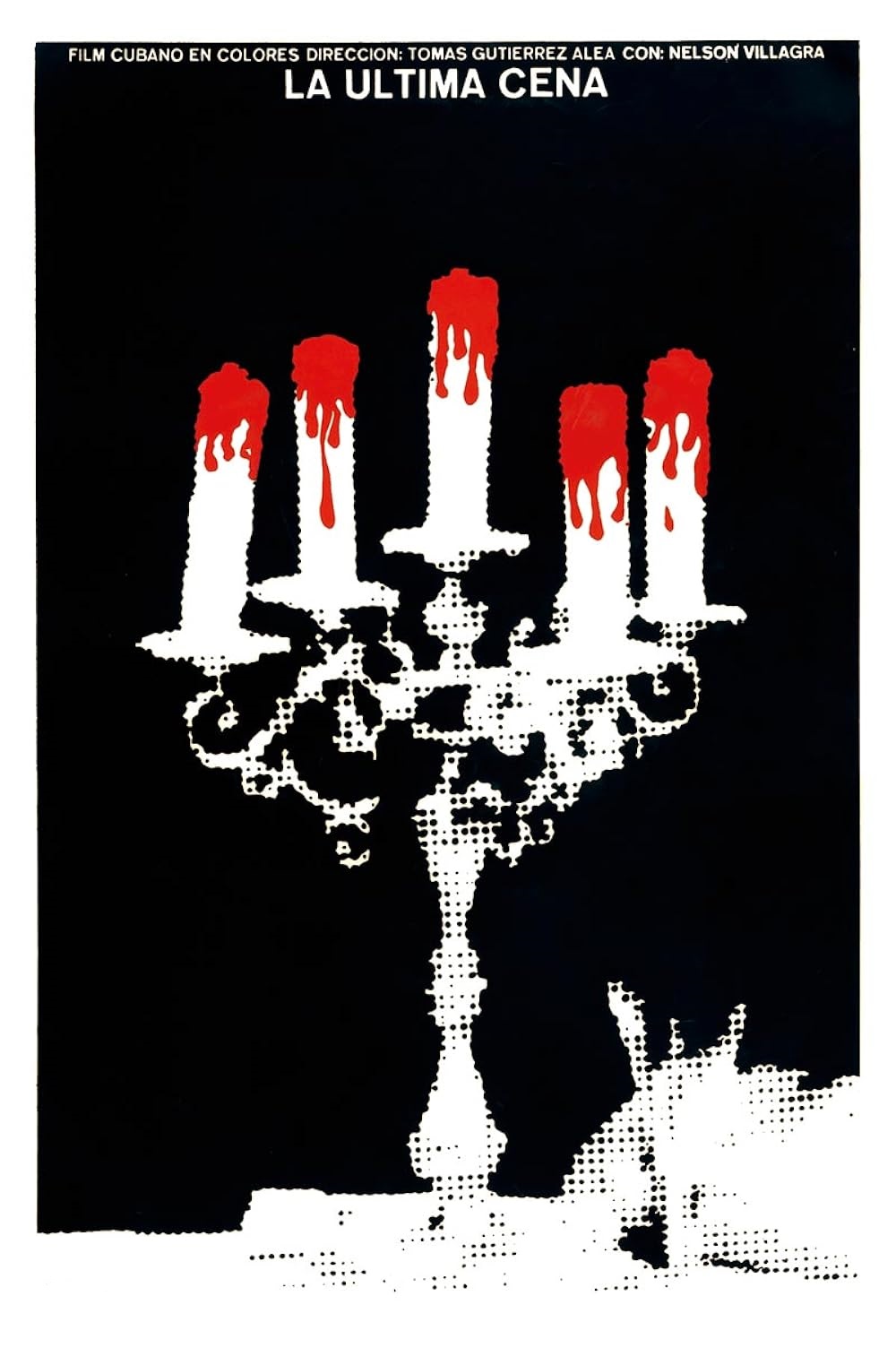
Tomás Guttiérez Alea
Born in Havana in 1928, Tomás Guttiérez Alea studied law before focusing on his passion for cinema, combining it with his interest in politics and social issues. He studied filmmaking in Rome and then, on his return to Cuba, co-directed his first medium-length documentary with Julio García Espinosa. In 1959, with García Espinosa and others, he founded a Cuban film institute under the new government of Fidel Castro. In the 1960s, he made several films inspired by the historical and political context, expressing his criticism of Cuban society while hoping to change the revolutionary situation for the better. During this decade, he made two major films, Death of a Bureaucrat and, above all, Memories of Underdevelopment. In the second half of the 1970s, his work was honored by numerous international tributes. At the end of his life, he and Juan Carlos Tabio directed Strawberry and Chocolate, a critical and public success that became the first Cuban film to be nominated for an Oscar for Best Foreign Film.
